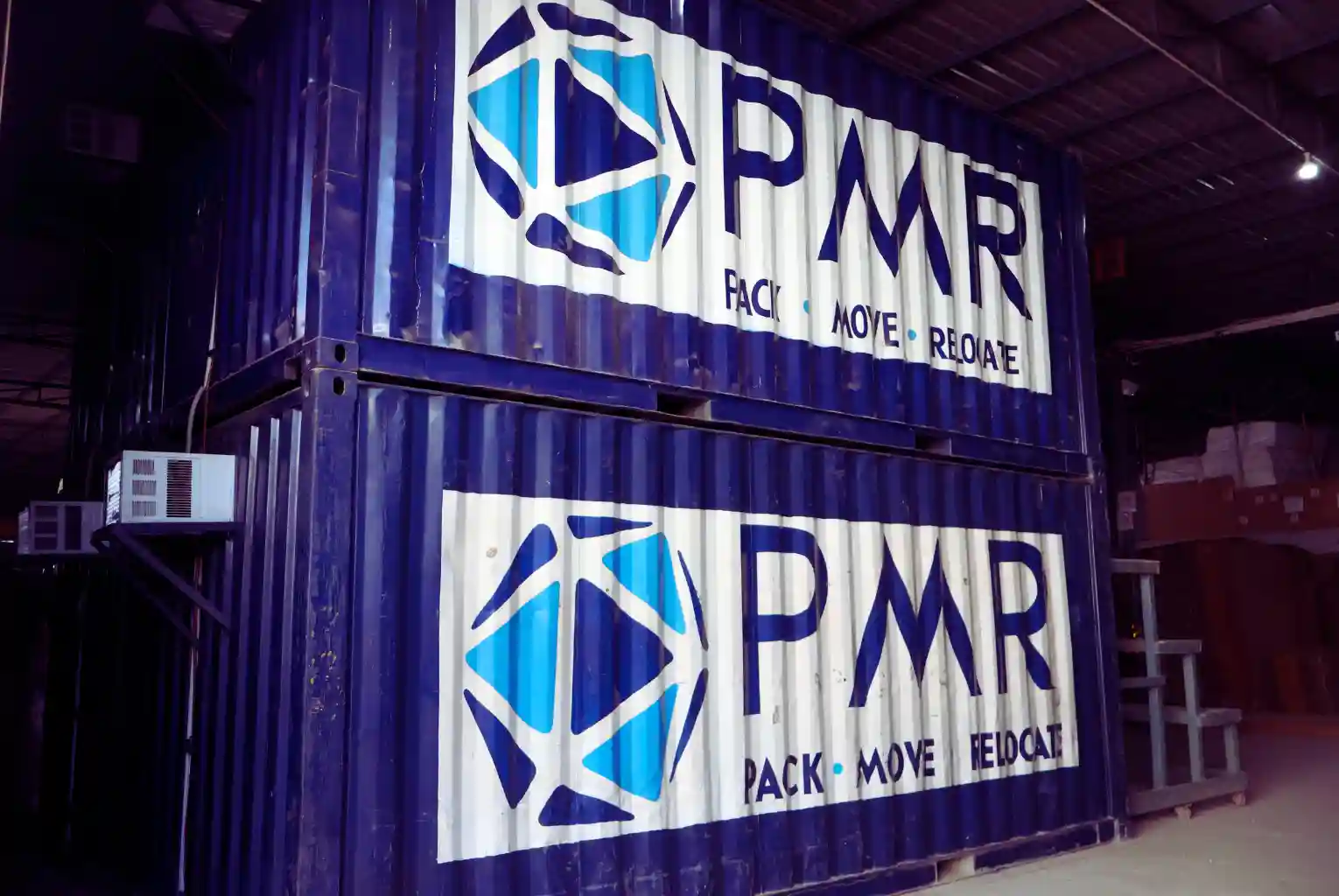THE SYMBIOSIS OF ECONOMIC TRENDS AND THE RELOCATION INDUSTRY IN 2024

Introduction
Staying informed and adaptable will be vital for relocation professionals in order to align services with emerging economic trends. Technological innovation will also drive advancement. By speculating on the future symbiosis between economic forces and relocation needs, the industry can meet obstacles head-on with practical strategies for sustainable growth.
Economic Trends Shaping 2024
With borders continuing to blur in the digital workspace, flexibility will be paramount for globally competitive businesses in 2024. This could drive growth in relocation services that allow companies to mobilize top talent quickly. Streamlined relocation with personalized support will provide an attractive option.
Meanwhile, economic stability and the rise of remote work are expanding the concept of relocation beyond traditional corporate moves. Relocation professionals will need to cater to a more diverse client base with flexible options.
The Evolution of the Relocation Industry
Relocation professionals have adapted business models through periods of change and uncertainty. By staying nimble amidst fluctuating markets, the industry continues to meet varied mobility needs.
In 2024, innovative technologies could disrupt existing relocation models. However, the industry has shown remarkable agility and is poised to integrate advancing tech for enhanced service delivery.
What are the challenges of relocating?
- Navigating complex immigration laws and securing visas
- Transporting belongings without damage, delays, or exorbitant costs
- Adjusting to language or cultural barriers in a new country
- Finding suitable housing in a foreign real estate market
- Accessing healthcare, education, and other services abroad
- Overcoming homesickness while establishing community ties
Opportunities Arising from Economic Growth
- Corporate relocation needs as businesses widen talent pools and offices cross-border.
- Remote worker relocation demands from those untethered from offices but seeking a better quality of life abroad.
- Retirement relocations with baby boomers choosing to spend their silver years in more affordable countries offering tropical climates
- Student relocation for education hubs as online learning creates global classrooms.
- Returnee relocation when economic upturns allow expat families to come home
Workforce Mobility and Economic Prosperity
As organizations widen their footprint, mobilizing top performers across borders will be crucial for seizing opportunities. This is where customized relocation services add value. By tapping global talent pools, businesses can develop diverse, agile teams that spur innovation.
Therefore, the prosperity of the relocation industry closely aligns with that of the global economy. Service providers should closely monitor key economic indicators and craft adaptive strategies.
Challenges Amidst Economic Changes
- Volatile immigration policies as governments restrict foreign worker inflows
- Trade protectionism that discourages cross-border investments
- Geopolitical conflicts creating safety issues in certain regions
- Currency fluctuations impacting client budgets and pricing models
- Sustainability concerns regarding the environmental footprint of increased mobility
Technological Innovations Driving Advancements
- Integrated mobile apps centralizing relocation management
- Advanced virtual surveys via video allow remote home-finding
- Streamlined online immigration processes through government partnerships
- Robotic automation assists with administrative tasks to reduce costs
- Big data insights predicting future relocation trends from past patterns
The Role of Policy and Regulation
Industry advocacy is, therefore, essential to inform policymakers on relocation needs. Input on aligned visa rules, foreign investment regulations, and smart infrastructure development allow governments to tap into skilled diasporas. Relocation firms must collaborate with public agencies abroad to smooth client transitions.
Updated data security protocols are additionally vital, considering tech integrations. As digital tools require collecting more client information, ensuring compliance builds trust. With sound regulations, innovative relocation processes can accelerate while optimizing experiences.
Strategies for Relocation Industry Professionals
- Closely track regional and global policy shifts, trade flows, emerging immigration destinations, and other indicators that signal workforce mobility trends
- Forge localized partnerships abroad to stay updated on foreign markets while stabilizing operations
- Develop flexible service packages, virtual offerings, and tools aligning with remote work/living trends
- Incorporate appropriate technologies to enhance efficiency without diluting personalization
- Build resources to address the unique needs of diverse transferee groups based on age, career level, family status, and more
- Remain vigilant to unanticipated mobility obstacles arising from economic volatility like COVID-19
- An informed, collaborative, and ethical approach allows relocation professionals to sustain success despite market fluctuations.
Future Projections
As millennials and Gen Z increasingly call the shots, personalized experiences will rank even higher for those relocating with families. Relocation packages may eventually include life enrichment elements like cultural immersions, language training, partner career support, and more.
Ultimately, the symbiotic relationship between economic forces and global mobility will only deepen. As businesses chase growth unconstrained by geography, relocation OS experts enable that boundaryless pursuit of possibilities.
Conclusion
By aligning services to emerging mobility catalysts ranging from globalization to digitization, relocation comapny can turn challenges into opportunities. Technological innovation will complement human insights in creating seamless mobility experiences despite obstacles. Ultimately, the relocation ecosystem has all the tools to both flourish and spur further economic progress.
Our Blogs

WHY SUCCESSFUL RELOCATION DEPENDS MORE ON RELOCATION PLANNING THAN DISTANCE
Successful relocation is rarely defined by distance—it’s driven by effective planning. From choosing the right storage solutions to coordinating warehouse timelines, smart relocation planning helps protect your belongings, reduce delays, and ensure a seamless transition. Whether it’s short-term storage or long-term warehousing, organized logistics play a critical role in making any move successful.

WHY YOUR BELONGINGS DESERVE A PAUSE: RETHINKING STORAGE AND WAREHOUSING SERVICES DURING RELOCATION
Relocation is not always a seamless door-to-door journey. Delayed handovers, international transit schedules, temporary housing, or sudden changes in plans often create a gap between moving out and moving in. During this uncertain phase, professional storage and warehousing services provide a safe, controlled environment for your belongings. From short-term holding to long-term storage, these solutions ensure your household goods remain protected, organized, and ready for the next step of your relocation—without adding stress to an already complex move.

WHY INTERNATIONAL RELOCATION TIMELINES OFTEN SLIP — AND WHAT YOU CAN DO TO STAY ON TRACK
International relocation timelines often look straightforward on paper—but reality tells a different story. Visa approvals, customs regulations, documentation gaps, port congestion, and coordination between multiple service providers can easily cause unexpected delays. Even small oversights early in the planning stage can snowball into weeks of disruption. This blog breaks down the real reasons why international relocation timelines slip and, more importantly, outlines practical steps you can take to anticipate risks, plan smarter, and keep your global move moving forward without unnecessary stress.



